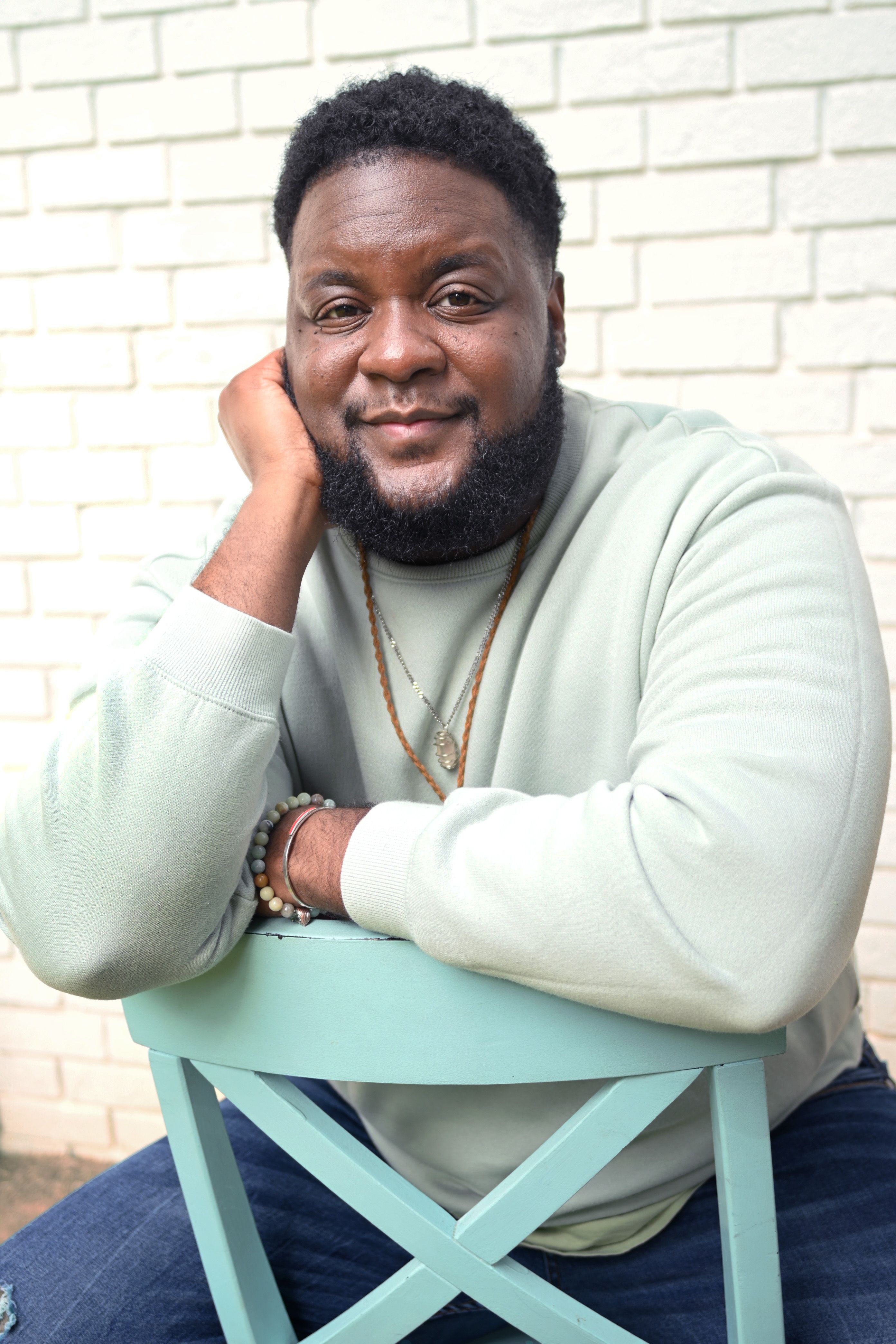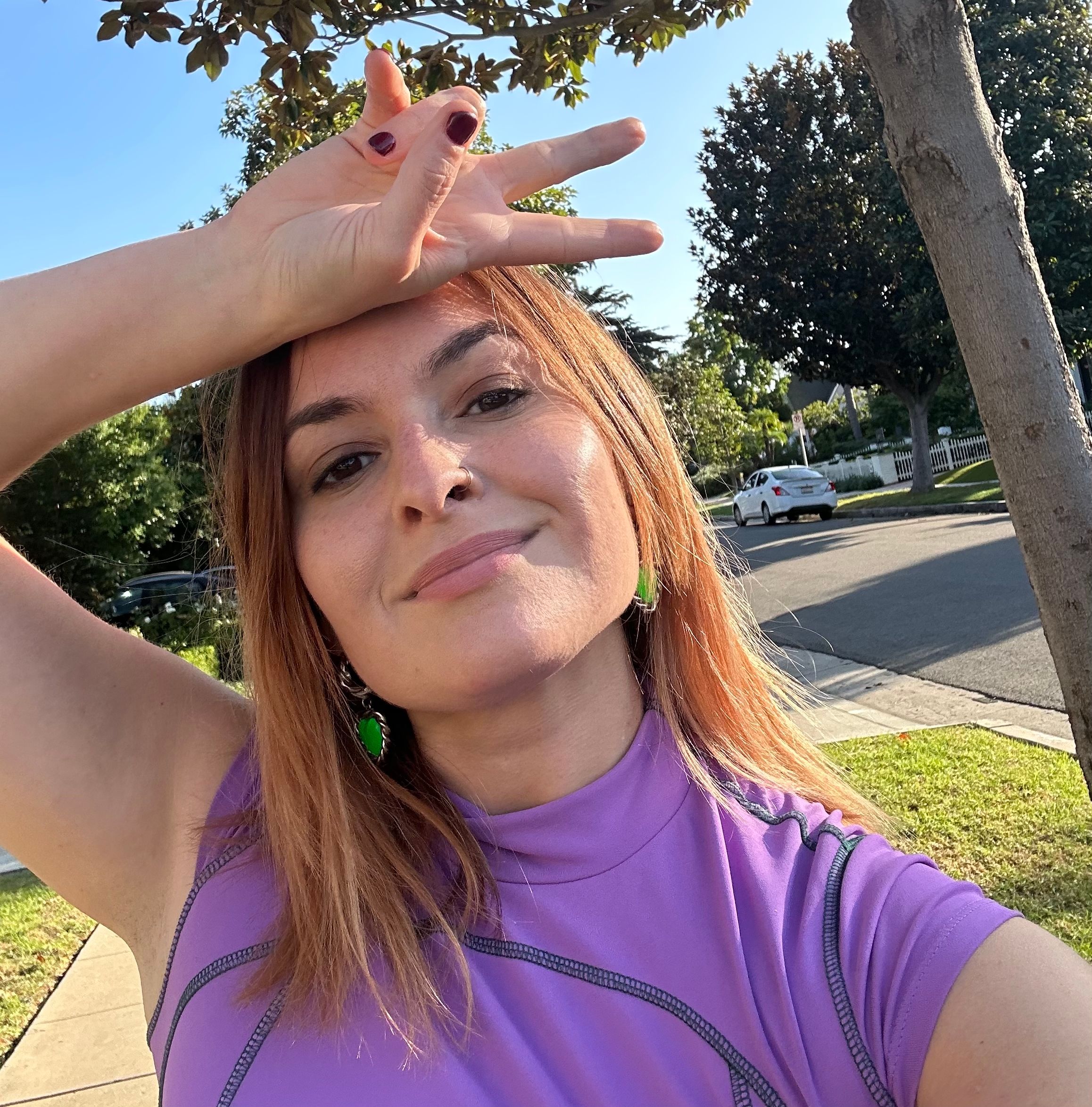It’s on my profile, but is there a right way to navigate the initial conversation around my bisexuality on the first date?
This is such a great question, and I love how intentional you are about having conversations, especially in the beginning.
Having bisexuality listed in your profile is a great first step and will open the door to a deeper conversation.
When approaching this conversation, ask yourself, “What is it that I really want them to know?” Oftentimes, when I’ve circled back to have deeper conversations with a date around my sexual orientation, it was because they identified differently, and I wanted to ensure that they didn’t have any misconceptions about what that meant for me. In general, you can have the conversation by just giving them a reminder like “I identify as bisexual and I know your profile said you identify as XYZ, I’d love to share what bisexual means to me and I’d love to hear what your orientation means to you.”
My preferred approach to those first date conversations (and to life in general, really) is to make bisexuality your entire personality. That sounds like a joke, but it’s not!
I constantly talk about being bi. I talk about it because unless I’m wearing bi flag earrings, it’s impossible for anyone else to “see” my fluidity. You can’t tell I’m interested in all genders by looking at my clothes, my partner, or even my sexual history, and the same holds true for everyone under the bi+ umbrella. Fluid sexualities don’t have external elements to make them visible, so as bi people, the only way someone will know how we identify is if we actually tell them.
Speaking of “telling”—the media often gets bisexuality wrong on screen because writers are taught to “show, not tell.” Though well-intentioned, that usually manifests in chaotic characters hooking up with multiple people and wrecking their relationships along the way. While entertaining, this trope positions bisexuality as a behavior rather than an identity, which is 1) a bummer, 2) factually incorrect, and 3) very invalidating to all the bi people who haven’t done said behavior yet. (As a reminder, no matter who you’ve slept with, you are queer enough.)
On the bright side, bad bi representation also means that when you share your bisexuality with someone, you’re not just doing them a favor—you’re single-handedly advancing bi visibility and moving mountains for your community. Talking about your queerness may feel uncomfortable at first, but each time you own your identity, you’re granting someone else the courage and permission to do the same.
Before I came out, I was terrified. Would I have to bring up my sexuality all the time just to feel seen? It turns out the answer was yes, but I didn’t hate it, and now I actually think it’s fucking beautiful. How wonderful to have an excuse to talk about queerness! How honored I am to explain what this glorious word means to me! I love my bisexuality because it’s expansive, complex, and challenges so many status quos at once.
For me, bisexuality isn’t just about who I sleep with—it’s a lens through which I see the world.
All that is to say: If you’re on a date and you need a carefree opener, you can always discuss queer theory for 30 minutes! (Call me if you need backup, I got you.) If that’s not your style, you can simply find a moment to say something along the lines of “Actually, I’m bi!” A good date might ask what that label means to you—a question that’s pretty much guaranteed to start an amazing conversation.
Explore all questions, or read more about navigating the holidays
NFAQ is an educational guide for Not-So-Frequently-Asked questions, submit a question to expand this discussion.
HaveMoreQuestions?
NFAQ is an educational guide for Not-So-Frequently-Asked questions, submit a question to expand this discussion.



